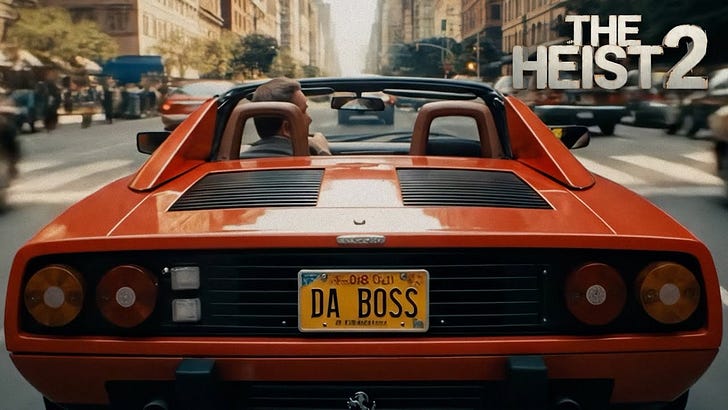The Window Is Closing: Why Rightsholders Are Filing Fewer AI Lawsuits
Settlements prove AI copyright lawsuits work—but two forces are closing the window: (1) Courts rule training is fair use and (2) OpenAI's Sora is proving creators don't need fictional IP.
There has been a recent wave of settlements in AI copyright lawsuits. Anthropic recently paid $1.5 billion to book authors. UMG partnered with Udio instead of destroying them. These settlements prove lawsuits work—studios can extract value or force partnerships.
Yet we are not seeing a wave of new lawsuits filed, even though building LLMs with pirated IP is easier than ever. OpenAI was not sued after Sora 2 launched. Google’s Veo 3 generated Star Wars videos without Disney protesting.
Why aren’t studios filing more lawsuits when the settlements show they can win? Because two forces are narrowing the path to victory: First, Courts increasingly rule training is fair use. Second, Sora revealed creators are less interested in fictional IP.
Studios can still win—but the paths to victory are closing.
The Advantage of Lawsuits
Litigation is an expensive tactic. It is time-consuming. The objective in AI lawsuits is to prove that the use of copyrighted works does not fall under fair use, a four-factor legal test to determine whether copyrighted material may be used without permission. However, policies like Section 230 of the Communications Decency Act of 1996 have emerged alongside new technology, foreclosing a wide variety of lawsuits and preempting laws that would make platforms and users liable for third-party content.






